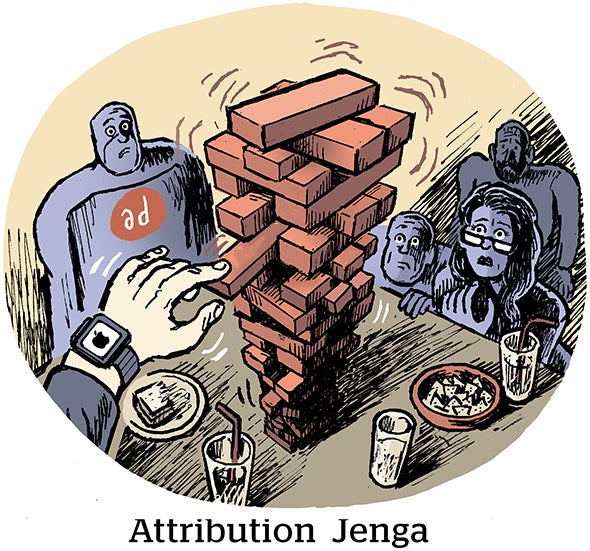Like President Obama’s handshake, lead generation comes in two flavors.
One is business-to-business (B2B) and the other is business-to-consumer (B2C). Though some might contend that corporations are people, those in the business of generating leads know that businesses and consumers have very different needs that require different approaches.
Below are some helpful insights into what makes B2B and B2C lead generation different.
The length of the sales cycle
“B2B purchases are usually expensive and require a significant investment of time, energy and implementation,” according to Brian Kardon, CMO of Lattice Engines. As a result, B2B sales cycles are often considerably longer than B2C sales cycles and can take months to complete.
Content and ‘push vs. pull’
This means various forms of content (such as infographics, videos, case studies, e-books, and white papers) need to be created for B2B prospects before they’re passed on to sales, Kardon adds.
Nicole Larrauri, managing partner at The EGC Group, agrees that B2B lead gen is based more on added-value content that pulls end users in, hopefully to a sale. “We typically build this content to be specific to a certain vertical, and it should be extremely topical,” she says.
B2C lead generation, on the other hand, should push out offers, promotions and unique messaging to see what garners the most customer interest, according to Larrauri. “We follow our clients’ customers unique path to purchase and reach them at their ‘buying moments,'” she says. “Through tracking and analytics, we’re able to tell what customer promotion is working in real-time, optimizing the campaign along the way. All of our outbound activities have trackable calls to action, from unique phone numbers to pixels placed throughout their online experience.”
The scope of the audience
Kardon notes that B2C lead gen tends to be aimed at a broader audience. “Since every person is a consumer at some level, B2C marketing has an exponentially larger audience to market to. The difficulty for B2C marketers, and where good marketing really make a difference, is the ability to get the attention of the consumer in an oversaturated market.”
Awareness marketing is the name of the B2C game, according to Penny Herscher, president and CEO of FirstRain. She says that it’s about “increasing the broad awareness of and education about your brand and establishing positive associations with it, as well as promotions that will hopefully influence someone to select your product when they are making a buying decision.”
On the other hand, B2B lead generation is a more personalized and proactive task, since audiences are more specific. This demands a more focused and tailored approach, along with a larger staff.
B2B companies “have a staffed sales organization that is out there knocking on doors, attending trades shows and making calls to individuals within the organizations to drive those opportunities,” says Kara Trivunovic, vice president of marketing services at StrongMail Systems. “Lead generation in B2B environments is far more proactive and personal than in the B2C realm.”
“In B2B, you’re usually trying to connect with your buyer directly, looking for ways to get your salesperson to talk to that buyer, discuss their challenges and then help him or her understand how your solution can best meet their need,” according to Herscher.
She notes that while lower-ticket B2B sales may employ B2C-like tactics (e.g., promotional offers, “freemium” strategies, cold calling), as the size of a solution increases, so do the risks of purchasing it, especially if its price tag hits six or seven figures. In these cases, “the primary lead-generation emphasis has to be on campaigns that connect with the real challenges and pain that business professionals are experiencing, and getting your sales team in front of those buyers to intrigue them with your solution,” Herscher says.
Permission
Another point of difference between B2B and B2C lead generation is permission, according to Elie Ashery, a principal of RegReady. “While B2C companies tend to rely more on explicit and implied permission, B2B companies engage prospects with no permission or secondary permission.”
Education vs. feelings
Companies also need to be cognizant of which strings to pull to elicit desired responses from businesses versus those that need to be pulled for consumers. Whereas B2B lead generation is about address risk and helping businesses find solutions that help them to do things better, faster and cheaper, B2C lead gen is more about




